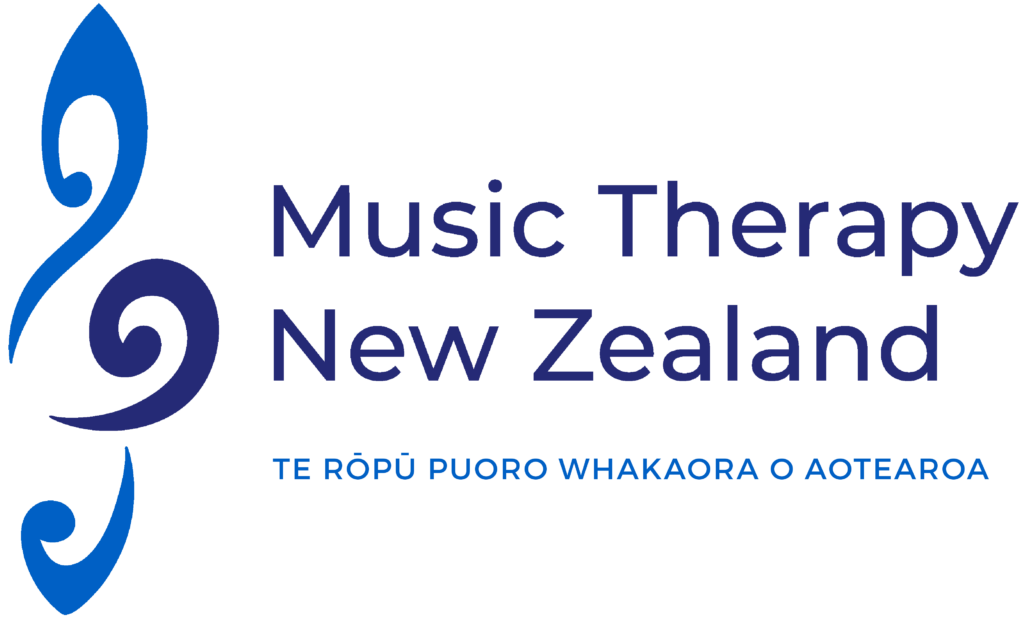Emma Johnson
MMusTher, BA Hons (Music and Music Technology), NZ RMTh
Victoria University of Wellington – New Zealand School of Music, Te Kōkī (2015-2017); and private practice
Daphne Rickson
PhD (Music), MMusTher, MHealSc (MenH), LTCL, NZ RMTh
Victoria University of Wellington – New Zealand School of Music, Te Kōkī
Keywords: Music therapy, songwriting, adolescents, mental health, secondary analysis
Abstract
This paper describes the specific songwriting techniques a music therapy student used in her group and individual music therapy sessions, at an educational facility for adolescents who had various mental health difficulties. It is based on research findings generated from secondary analysis of data (Heaton, 2004). Each music therapy process began with an exploration of how the adolescents would prefer to approach their songwriting, and thereafter involved the integration of methods and techniques specifically tailored to meet their needs. Facilitation of both individual and group sessions involved listening to students’ songwriting ideas and supporting them to choose specific tools to further their musicality and creativity. The young people’s confidence increased when the student shared her own ideas and examples of her songwriting work, and when they were able to produce products that were meaningful to themselves and to others.


